


In 2020, my second love and I co-founded AfriVines, a brand that sought to expand the wine market in Malawi. Fast forward to 2025, and I found myself on a winery tour in Spain—one of the world’s most renowned wine-producing regions.

On March 15, 2025, I had the honor of speaking at the Academic & Leadership Conference hosted by the College Leadership Forum alongside Malawi University of Science and Technology (MUST) and other partner universities. The theme, “Empowering College Students to Realize and Lead Malawi’s 2063 Vision Through Leadership, Innovation, and Collaboration”, was a timely discussion on the role of young leaders in shaping Malawi’s future.

In August 2024, my thesis on digital transformation in Malawi was submitted for publication, and today, I woke up to the email that it was published.

One of the pivotal moments in my career was contributing to the Independent Country Programme Evaluation (ICPE) for Malawi, aligning with UNDP’s broader mission of ensuring that policies translate into meaningful, measurable change.
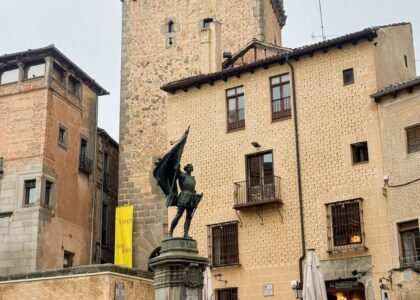
On my recent visit to Segovia, Spain, I posted a tweet that seems to have sent Twitter Malawi in a bit of a spiral: when religion becomes a societal framework that dictates the collective mindset of an entire people, it must be examined, and critically so.
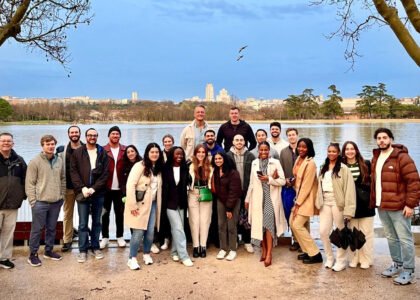
When I heard that the Michigan State University Broad MBA Programme offers a study abroad
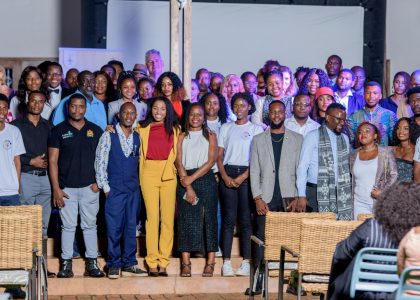
When I look at the aspirations of many young people I meet, particularly those from countries like mine—where poverty is prevalent and opportunities can seem scarce—I hear a recurring theme: “I want to make an impact.” It’s an admirable goal, one that speaks to our collective desire to change lives and create better futures. Yet, there’s a fundamental issue with how many of us are approaching it. Too often, we leap into non-profit work without first securing the foundation we need to make it sustainable.
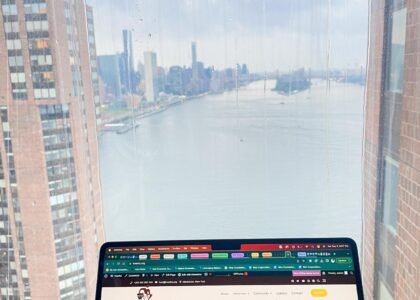
Privilege… a loaded word. Depending on who you ask, it is either a badge of
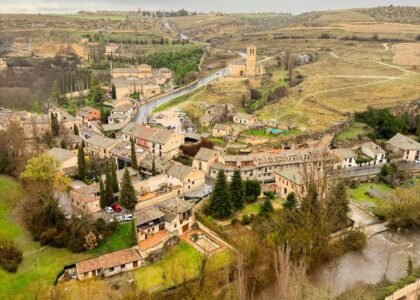
As part of our 2025 MBA Study Abroad trip, we got a chance to visit

As someone who has navigated the crossroads between public service, entrepreneurship, and corporate growth, I often get asked about the value of different graduate degrees—particularly the Master of Public Policy (MPP) and the MBA (Master of Business Administration). While both hold weight and open doors to leadership, the debate often boils down to impact vs. scalability.